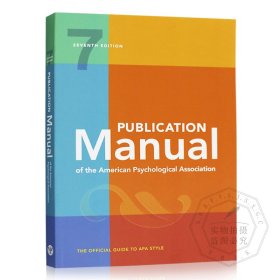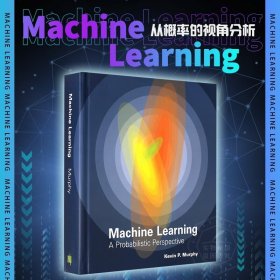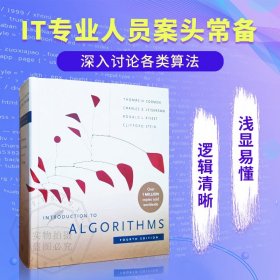
现货 Dynamic Competition and Public Policy: Technology, Innovation, and Antitrust Issues
¥ 495 全新
仅1件
上海浦东
认证卖家担保交易快速发货售后保障
作者Jerry Ellig
出版社Cambridge University Press
ISBN9780521021814
出版时间2005-11
装帧平装
页数288页
货号9780521021814
上书时间2024-11-06
- 在售商品 暂无
- 平均发货时间 10小时
- 好评率 暂无
- 店主推荐
- 最新上架
商品详情
- 品相描述:全新
- 商品描述
- During the 1990s, U.S. antitrust policy began to take greater account of economic theories that emphasize the critical role of innovation and change in the competitive process. Several high-profile antitrust cases have focused on dynamic innovation issues as much as or more than static economic efficiency. But does dynamic competition furnish a new rationale for activist antitrust, or a new reason for government to leave markets alone? In this volume, a dozen leading scholars with extensive antitrust experience explore this question in the context of the Microsoft case, merger policy, and intellectual property law.
— 没有更多了 —





















以下为对购买帮助不大的评价